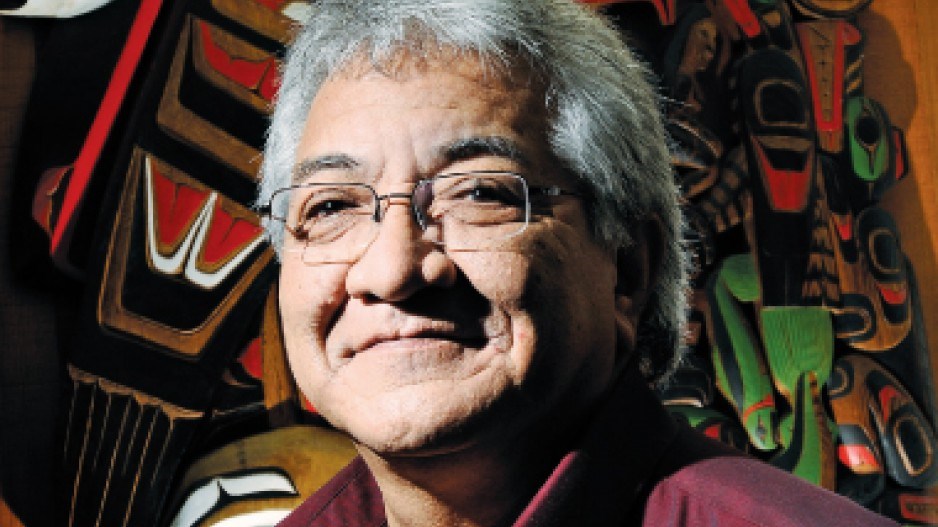Two major First Nation developments are set to transform different Vancouver neighbourhoods.
The Musqueam Indian Band expects to make a rezoning application for a 22-acre site on the University Endowment Lands (UEL) within the next couple of weeks while the Squamish Nation continues negotiations with the City of Vancouver for an agreement to get water and sewer services for a project at the south end of the Burrard Bridge.
The Musqueam band must seek UEL approval for its site, known as Block F, because the freehold parcel is not part of its reserve land. The Squamish land, in contrast, is part of the band's reserve land so it doesn't need city approval for plans that include a 35-storey and a 28-storey tower.
Gordon Easton, who is managing director of Colliers Consulting and is overseeing the Musqueam project, told Business in Vancouver that the band is making "minor adjustments" to its preferred option identified in several open houses earlier this year.
That plan was to build four towers between 18 and 22 storeys each, a four-storey hotel, several mid-rise buildings ranging up to six storeys as well as townhouses and about 30,000 square feet of commercial space.
The Squamish band, meanwhile, is far less decided on what to do with its 11 acres adjacent to the Molson brewery on Burrard Street and stretching toward Vanier Park.
"We were a little premature when we went public a few years ago," Squamish chief Gibby Jacob told BIV.
In 2010 the band floated the idea of towers and other buildings on its land, even though it had not secured financing or an agreement with the city to secure access to sewer and water systems.
Jacob said he and other band members are now negotiating sewer, water and city service agreements with the three North Shore municipal governments as well as various regional districts and civic governments in Gibsons and Squamish.
He added that his band has yet to seek financing for what would likely be rental towers.
Financing can be a problem for any native band that wants to build multi-family projects on its land because prospective residents are prohibited from securing fee simple title to homes on reserve land. Financial institutions, pension funds or other lenders similarly have no recourse for projects on reserve land.




